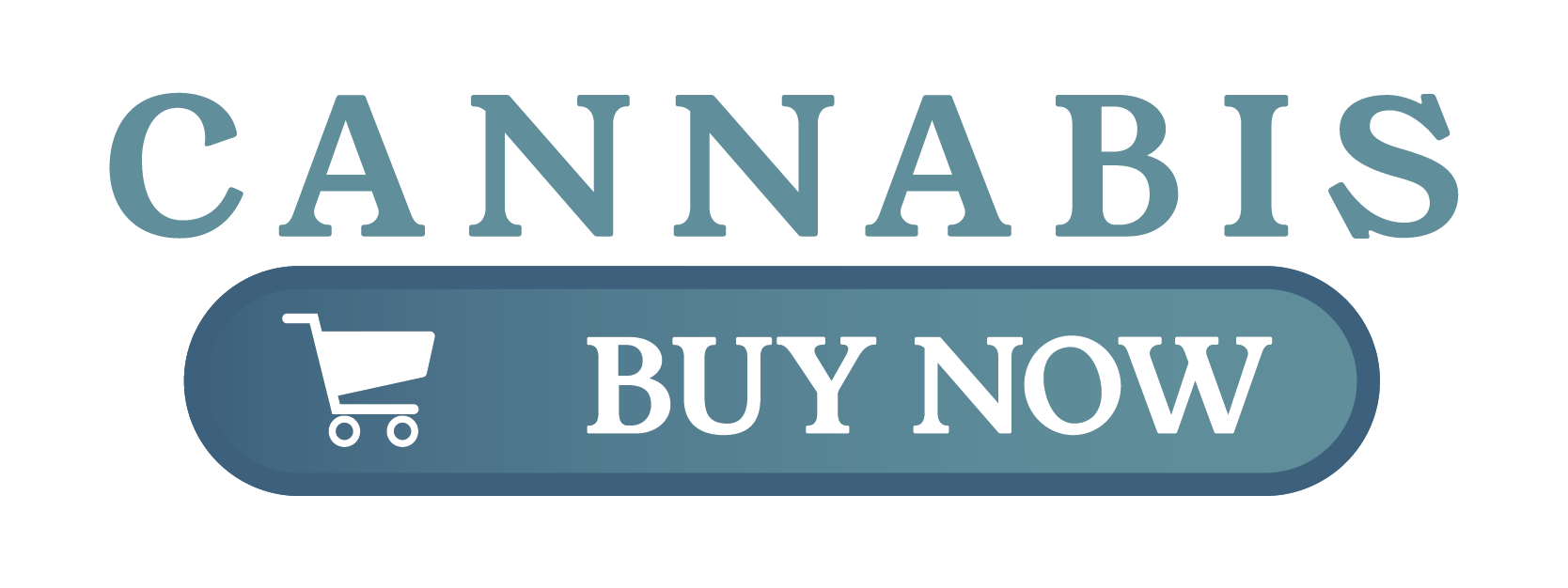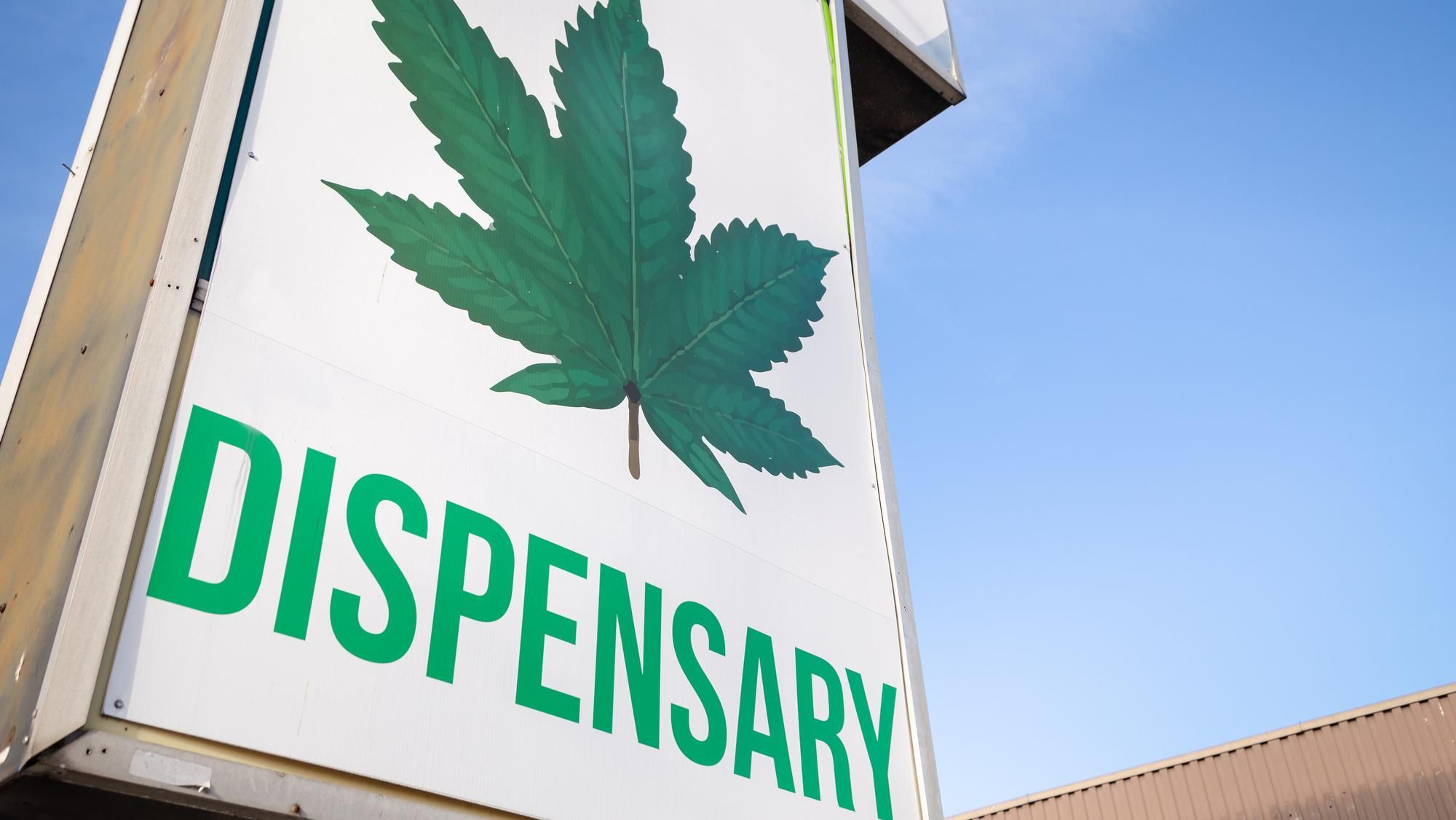Here’s how a savvy shopper can tell a reputable online cannabis store or dispensary from the rest—without needing a law degree. Buying from a trusted source isn’t just about a smoother checkout; it’s about safety, product quality, and staying on the right side of the law.
First, look for a license number—and verify it. Legit retailers display their state license on their website footer, “About” page, or menu pages. Don’t stop there: paste that number into the state’s public license search. For example, California’s Department of Cannabis Control (DCC) publishes a daily-updated License Search Tool, and Nevada’s Cannabis Compliance Board (CCB) hosts an interactive license search and current list of active cannabis licensees. If the name, address, and status match, you’re in good hands. If they don’t, move on.
Second, beware of “we ship anywhere” promises. Interstate shipment of marijuana remains illegal under federal law, and USPS prohibits mailing marijuana (medical or otherwise). Hemp and CBD products that meet the federal hemp definition have their own strict rules, but THC cannabis cannot be mailed legally. Any site offering to ship THC flower nationwide is waving a bright red flag.
Third, confirm platform verification where you shop. Major marketplaces have added license and product verification to cut down on gray-market listings. Leafly shows “Brand Verified” badges on menu items when brands submit required product information that connects to dispensary menus, and Weedmaps has long stated its intent and policies around removing illicit retailers and verifying products. While no badge replaces a state license check, these signals help shoppers quickly separate vetted listings from the rest.
Fourth, look for testing and COAs tied to batches. Regulated retailers in states like California must sell products tested by licensed labs, and delivery sales are recorded in state track-and-trace systems (e.g., CCTT/METRC). Reputable online menus link to Certificates of Analysis (COAs) with batch numbers and lab names; if a site refuses to share COAs upon request, that’s another red flag.
Fifth, check ordering and delivery compliance cues. Trustworthy sites outline ID checks (21+ adult-use or appropriate medical card rules), delivery boundaries, and receipt requirements before you hit “place order.” They’ll also clarify acceptable payment methods that align with current regulations and card-network rules, and they won’t ask you to pay via sketchy apps to personal accounts. Responsible retailers and platforms emphasize ID verification and safety steps at checkout and handoff.
Sixth, confirm local authorization—not just state. Many cities require local approval before a retailer can operate. In Los Angeles, for example, consumers can cross-check licensed retailers through the city’s Department of Cannabis Regulation. If the store says it’s licensed in a city that keeps a public list or map, verify it there too.
Seventh, read real reviews with a critical eye. Quality retailers tend to have a high volume of recent, detailed customer feedback that mentions consistency, delivery professionalism, packaging, and resolution of issues. Look for patterns across multiple platforms (Google, the marketplace you’re using, and social channels). Mentions of accurate ETAs, sealed/tamper-evident packaging, and responsive support are encouraging. A cluster of vague, overly enthusiastic reviews posted on the same day is not.
Eighth, scan for consumer-first policies. Reputable sites state return or remediation policies for defective products (where allowed), provide customer support hours and a phone or chat option, and publish clear privacy and data-handling notices. They’ll also show transparent pricing with taxes and fees broken out before checkout—no gotchas at the door.
Why this all matters: shopping at a trusted, licensed store protects consumers from contaminated or misrepresented products and helps ensure tax dollars fund regulated programs, not illicit markets. State-licensed retailers must follow testing, packaging, labeling, and track-and-trace rules designed to protect public health—requirements that unlicensed sellers simply ignore. In California alone, current regulations require that retail and delivery sales flow through the state’s compliance framework, giving consumers more confidence that what’s on the label is what’s in the jar.
A quick credibility checklist before ordering:
- License number on the site matches the state’s database (and local authorization where applicable).
- No claims of shipping THC products across state lines or via USPS.
- Verification signals on established marketplaces (used as a supplement, not a substitute, for your own license check).
- COAs available and batch-linked; clear testing and labeling details.
- Transparent delivery, ID verification, and payment info up front.
Shop smart, and the online experience can be as safe and satisfying as a well-run in-store visit—just with the added convenience of a few clicks.


